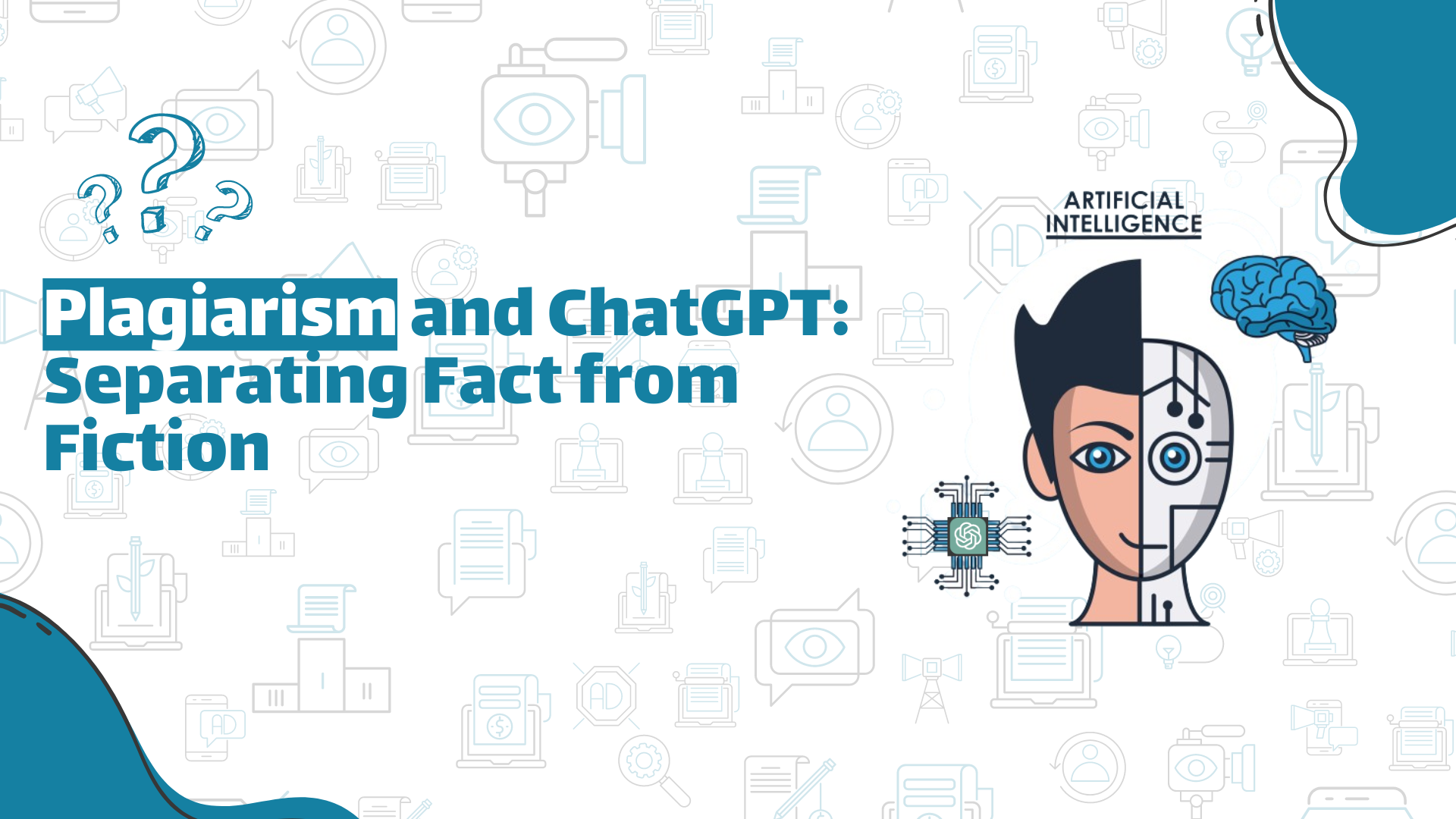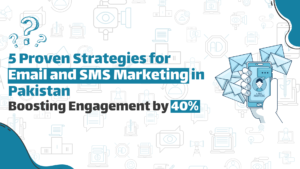Plagiarism and ChatGPT: Separating Fact from Fiction
Introduction
In the vast world of information, people sometimes wonder about plagiarism and how it relates to ChatGPT. Let’s unpack the truth behind these ideas to better understand them.
What is Plagiarism?
Basically plagiarism is like copying someone else’s work and claiming it as your own. Imagine having a friend who writes a cool article, and then you copy it word for word without giving credit. That’s not fair, is it? That’s plagiarism – taking someone else’s ideas or information without their permission.
ChatGPT: A Digital Brain
Now ChatGPT is not a human being, but an intelligent computer program created by humans. It’s like a digital brain that learns from multiple lessons to help people with their questions and concerns. But here’s the catch – it’s not original content. It gives answers based on what it has learned. So when he says something cool, they give credit to the men who taught him.
Truth about ChatGPT and Plagiarism
ChatGPT doesn’t intentionally write things, but sometimes it looks like someone else wrote them. It’s like when you start using words you picked up after reading a lot of books. Importantly, ChatGPT has no emotions or thoughts; It’s just a helpful tool.
Separating Fact from Fiction
Generally, some folks spread stories that ChatGPT steals ideas. That’s fiction! ChatGPT is not a sneaky copycat; it’s more like a giant word encyclopedia. It doesn’t browse the internet in real-time, and it doesn’t know what’s happening outside of what it learned during training.
Staying Original with ChatGPT
For basic implementation, ChatGPT can be a great start. Ask for her opinion, then add your unique touch. Like using a recipe but adding your special touch to make it truly your own!
SEO is Magic
Now, let’s talk about SEO (Search Engine Optimization) – making your content visible on the internet. For your blog to shine, use keywords related to plagiarism, originality, and ChatGPT. This helps search engines understand what your blog is about and connect it with people looking for such info.
Conclusion
So, in summary, ChatGPT and plagiarism are not friends. ChatGPT is a helpful tool, and plagiarism is a no-no. Use ChatGPT wisely, give credit where it’s due, and let your creativity flow. Remember, the digital world is big enough for anyone to shine with their original ideas!
FAQs
Is ChatGPT capable of plagiarism?
No, ChatGPT is not capable of intentional plagiarism. It doesn’t have personal intentions or the ability to copy content deliberately. However, its responses may resemble existing text due to its training data.
How does ChatGPT generate responses?
ChatGPT generates responses based on patterns it learned during training on a diverse range of internet text. It doesn’t have real-time internet access and doesn’t retrieve information from specific sources during conversations.
Can I use ChatGPT to create original content?
Yes, you can use ChatGPT as a tool to brainstorm ideas and get creative suggestions. However, to ensure originality, it’s recommended to add your unique perspective and style to the generated content.



